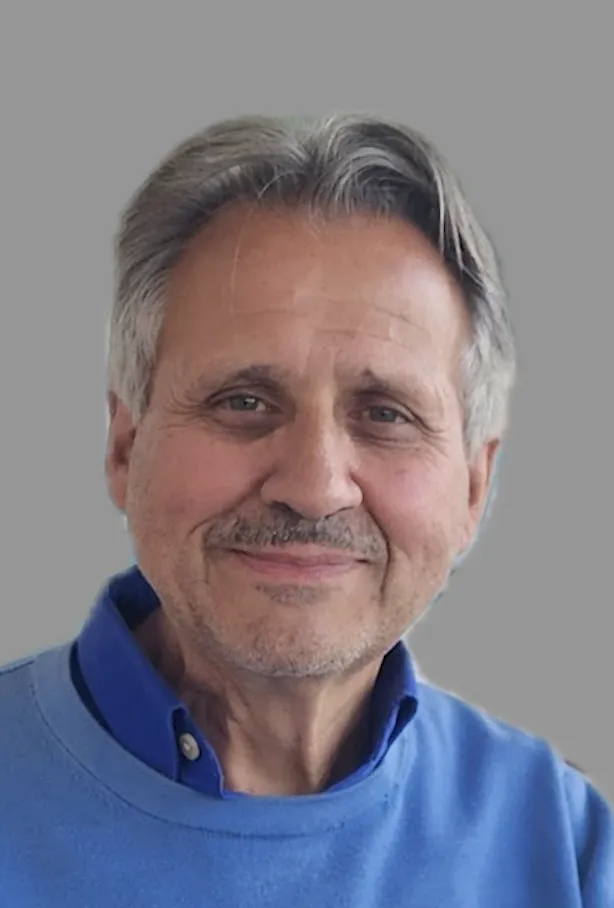Lifelong Learning at Swarthmore
A Message from the Director I am delighted to announce the Lifelong Learning course for Spring 2026. Eric Song, Professor of English Literature, will be teaching Shakespearean Jealousy (and the Idea of Remarriage) . Classes will be held on Wednesdays beginning February 11 for a total of 8 weeks. Class dates are: February 11, 18, 25, March 4, March 18, March 25, April 8 and April 15.
I would like to thank you all for your great support of LLS in the past years, and I hope to see you again this semester. For a detailed description of Shakespearean Jealousy (and the Idea of Remarriage) please read the announcement below. Registration will be open by mid January 2026.
–Hansjakob Werlen
Spring 2026 Course Shakespearean Jealousy (and the Idea of Remarriage) with Eric Song, professor of English Literature
In this eight-week course, we examine how the familiar trope of jealousy allows Shakespearean drama to put pressure on the contradictions in the idea and practice of marriage. The biblical God is a jealous God, yet there is something wrong with human jealousy. In the context of Christian marriage, jealousy creates an imbalance between personal affection and the supposedly higher, corporate truth of Christ's love. The Elizabethan romantic comedies (adapting the conventions of Roman New Comedy, which Shakespeare studied as a young student) work by insisting on just the right pairing of future husband and wife. Within this comic insistence on personal love, jealousy hovers as a possibility for further exploration in tragedy.
This virtual class will be held on the following Wednesdays, from 7 to 8:30 p.m. ET: Feb. 11, Feb. 18, Feb. 25, March 4, March 18, March 25, April 8, April 15
Registration Now for Lifelong Learning's "Shakespearean Jealousy" Course
Eric Song joined the faculty in 2009. A specialist in early modern English literature, he teaches courses on Shakespeare, Milton, and the history of Narcissus and narcissism. He is the author of Love against Substitution: Seventeenth-Century Literature and the Meaning of Marriage Dominion Undeserved: Milton and the Perils of Creation ELH: English Literary History , ELR: English Literary Renaissance, Huntington Library Quarterly , Milton Studies , Milton Quarterly, Modern Philology , and Spenser Studies .Questions? Please contact Mary Carr at mcarr1@swarthmore.edu
More About Lifelong Learning Courses taught by senior or emeriti members of Swarthmore College faculty and other experts. Courses offered in each of the divisions of the College: humanities, social sciences, natural sciences/engineering. No grades, no academic credit, just learning for learning's sake. Open to everyone: alumni, their adult family, friends, Swarthmore College staff, and all friends of the College are welcome. Virtual classes are not limited in number of participants. Virtual classes are recorded. Questions? hwerlen1@swarthmore.edu . For all other questions, contact Mary Carr at mcarr1@swarthmore.edu .
Thank you for your support of Lifelong Learning at Swarthmore.




